Wood or Steel for Your Backyard?
When you talk about the merits of wood vs. steel in construction, there are two opposing camps, both claiming superior benefits. But while both materials have their pros and cons, the one that’s right for your backyard ultimately comes down to personal preference.
Decking
Timber is the obvious choice for a deck. It is relatively cheap to buy, easy to work with and has a great look and feel to it, particularly when the grain is highlighted with a stain. Timber is also a more sustainable resource, with a much lower environmental impact in its production than steel. If you want to get technical, you could add that, for every cubic metre of wood used in place of steel, more than one tonne of CO2 emissions is avoided.
On the other hand, wood is highly flammable, requires regular maintenance and deteriorates much faster than steel, so there are trade-offs on both sides.
Pergola
This is a more divisive area. Both timber and steel-framed pergolas can be attractive additions to a backyard. Steel is extremely strong and weather-resistant (provided its galvanised coating remains intact) and is relatively fire and termite-proof.
Choosing a steel-framed pergola also makes good sense if you live in a storm-prone location, as it will stand up to strong winds much better than a timber frame. A wooden pergola, on the other hand, can be much more flexible in style and has a tendency to blend more easily into any landscape.
Awnings
While awnings are generally made from fabric, their frames are usually made from high-grade aluminium and rust-proof steel, for obvious reasons. They are also rated according to the Beaufort wind scale in terms of how well they will stand up to strong winds, and steel certainly has the advantage in this respect.
Fixed timber-framed awnings are more often found on older style homes and tend not to be as strong, weather-resistant or durable as modern retractable awnings.
Garden shed
Here again, opinion is divided. Garden sheds are available in timber, steel and, more recently, vinyl, and each has its merits and drawbacks. Steel sheds usually come in kit form and can be erected by a homeowner relatively easily. They have the disadvantage of being very hot in summer and cold in winter.
Wood is a much better insulator than steel and makes for a cosier shed in all weathers. A wooden shed requires regular painting, however, and can be subject to rotting, warping and attack by termites.
Vinyl sheds will not rot, their paint will never flake and they are available in various cladding styles, some that even mimic the look of wood. The downside to vinyl is the possible health concerns associated with PVC and its negative environmental impact.
At the end of the day, whether you choose to build with wood or steel in your backyard will come down to whether you are after a modern or rustic look and whether aesthetics take precedence over practicalities.


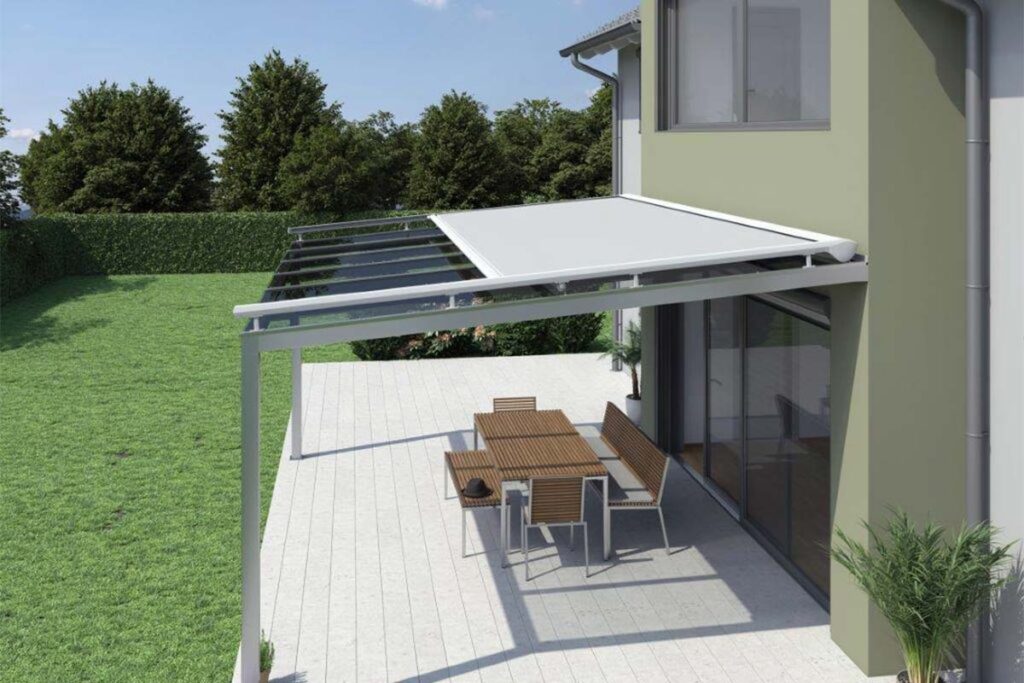
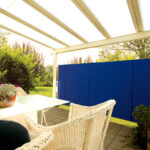
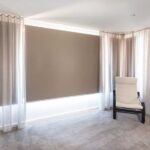
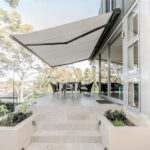
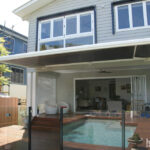



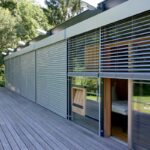

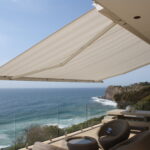

No Comments